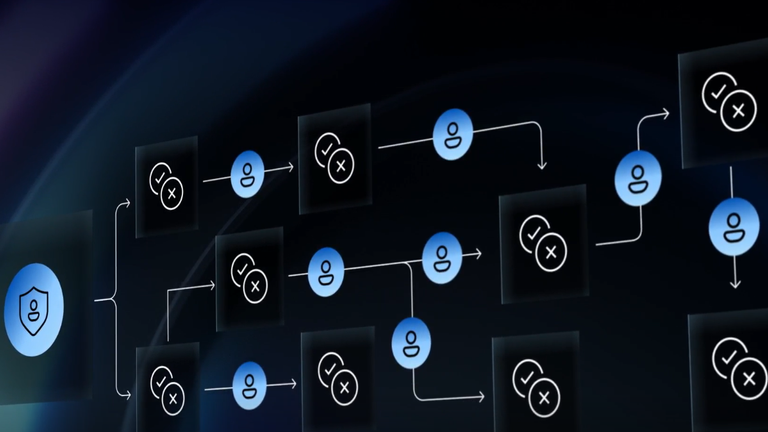Lyft Executive Takes Charge of Pentagon’s Artificial Intelligence Initiatives
Artificial Intelligence and Government Legislation: New Leadership at the Pentagon
Craig Martell, previously the Head of Machine Learning at Lyft, has been appointed to lead the Pentagon’s AI initiatives. The announcement was first reported by Breaking Defense, revealing that Martell will take on the role of chief digital and AI officer.
Martell brings a wealth of experience from his tenure at various tech firms, including Dropbox and LinkedIn. However, he recognizes that he lacks familiarity with the intricacies of public sector operations, a challenge he is fully aware of. “I don’t know my ways around the Pentagon yet and I don’t know what levers to pull,” Martell told Breaking Defense. He expressed enthusiasm for collaborating with seasoned professionals who excel in navigating such bureaucracy.
Over the next three to six months, Martell plans to focus on identifying key clients and assessing which systems require enhancement. For the upcoming fiscal year, he has been allocated a budget of $600 million.
While advancements often originate in the nimble private sector, public sector contracts, particularly in law enforcement and defense, can provoke significant backlash, leading organizations to withdraw. A notable instance is Google’s Project Maven contract with the Department of Defense, aimed at integrating AI technology for drone analysis. Following the leak of this project, more than 4,000 employees signed a petition urging Google to cease its involvement in military tech.
Nicolas Chaillan, the Pentagon’s former chief software officer, resigned last September in protest, citing that the U.S. lacks the competitive edge against China in AI over the next 15 to 20 years. Chaillan attributes much of this dilemma to U.S. companies’ hesitance, like Google, to partner with the government on AI due to ethical concerns, contrasting with Chinese firms that must collaborate with their government without such discussions.
It remains to be seen if there will ever be a significant push in the West to compel private enterprises to share their technology with the government, especially outside of wartime. However, attracting talent like Martell could offer the public sector the agility necessary to stay competitive globally without resorting to authoritarian measures. “If we’re going to be successful in achieving the goals and remaining competitive with China, we need to identify where the best mission value lies. That will guide our design, policy development, and priorities,” Martell articulated.
Want to explore more about AI and big data from industry leaders? Consider attending the AI & Big Data Expo in Amsterdam, California, and London, and discover further enterprise technology events powered by TechForge.
Germany is positioning itself at the forefront of Europe’s artificial intelligence manufacturing sector with support from NVIDIA. This collaboration aims to enhance the country’s technological infrastructure and competitiveness on the global stage.
Subscribe to our newsletter for premium content and the latest advancements in technology delivered directly to your inbox.
White-space properties for text handling and overflow management.
Enhancing readability through strategic text overflow controls.
Education, Legislation & Government
June 11, 2025
Teachers in England given the green light to use AI.
Artificial Intelligence (AI) is making significant strides in the cryptocurrency sector. As the technology advances, it brings new opportunities and challenges that may reshape the landscape of digital currencies.
The advent of Artificial General Intelligence (AGI) signals the dawn of a new era in which machines may surpass human intelligence. This shift raises ethical and societal questions that demand attention as AI becomes more entrenched in daily life.
In the education sector, recent developments have approved the use of AI tools by teachers in England. This decision aims to enhance learning experiences while addressing long-standing challenges within educational systems.
Overall, the rapid integration of AI across various industries—including finance, education, and technology—underscores its transformative potential. Stakeholders must remain vigilant about its implications and strive for responsible development and use.







